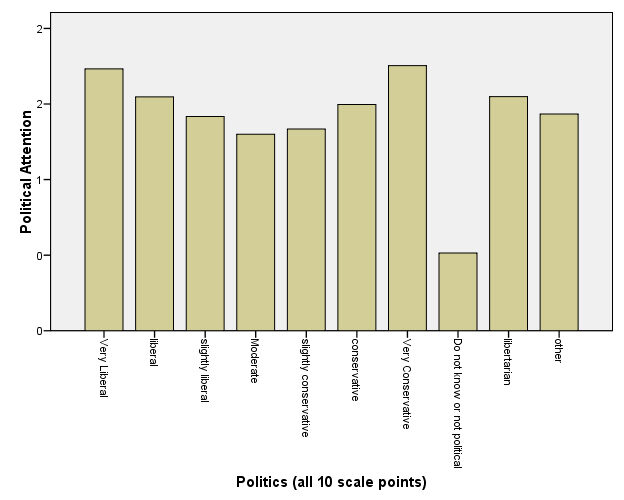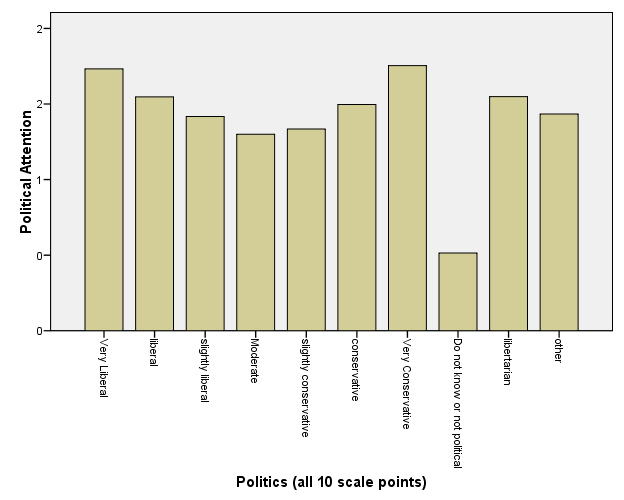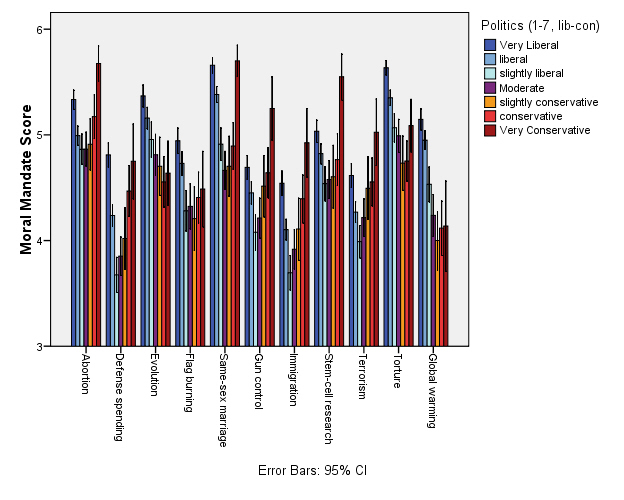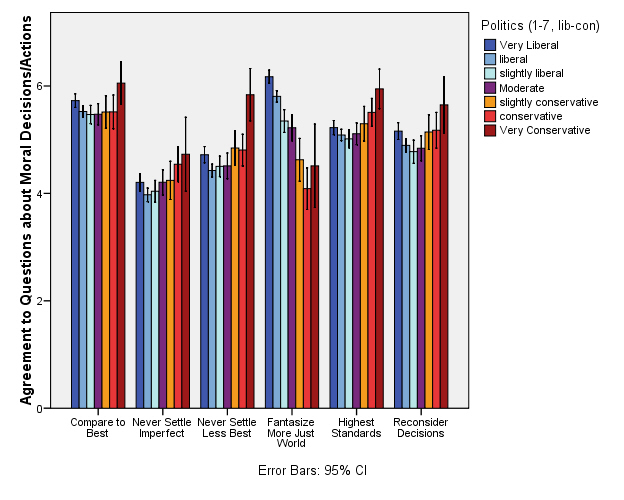Bipartisan Bills are not covered by the Media
In the wake of an unprecedentedly negative election season, where both liberals and conservatives have questioned the role of the media, we’ve started to consciously post and promote articles highlighting bipartisan cooperation. To my surprise, there are a lot of meaningful bipartisan bills that are passed on a regular basis. Among the many bipartisan bills that congress has passed in the past month are bills that:
– Streamline health care for veterans by moving to a web-based scheduling system.
– Provide new resources for the State Department to combat persecution of religious minorities
– Give small businesses more input into SEC rule-making processes
– Fund cancer research, mental health systems, and drug addiction treatment
– Improve water infrastructure to address flooding and water availability
A lot of the links above are to relatively low profile publications because these bills don’t get a lot of coverage in the media. Yet these bills represent actual policy changes that will affect people’s lives. In contrast, the top political stories in the news right now are about Trump’s praise of Putin’s reaction to delay responding to sanctions, and the refusal of one Mormon Tabernacle singer to sing for Trump’s inauguration. Both of these stories are often covered more from a partisan lens (e.g. This LA Times article is the top Google News result says “Trump’s effusive words were particularly striking given the bipartisan view of Putin as more adversary than ally.”), highlighting conflicts that are unsurprising and have little new bearing on public policy.
Effectively, politics has become a sport, where the drama of winning and losing is more important than the policies that result. It is understandable that ad supported businesses do things that attract eyeballs. Conflict and negativity sell. Yet it is also understandable that people who want to be informed about things that matter are growing increasingly frustrated with this model and turning to subscriber supported news models where depth trumps sensationalism. If Facebook’s algorithms don’t get better at keeping people informed rather than entertained, people who want serious information will surely migrate from there as well. Still, a lot of people will continue to use Facebook as a news source and so we will continue our experiment where we attempt to seed Facebook with news that promotes better policy rather than the permanent campaign. Please consider “liking” us on Facebook and sharing posts that resonate with you to help us in these efforts.
– Ravi Iyer








